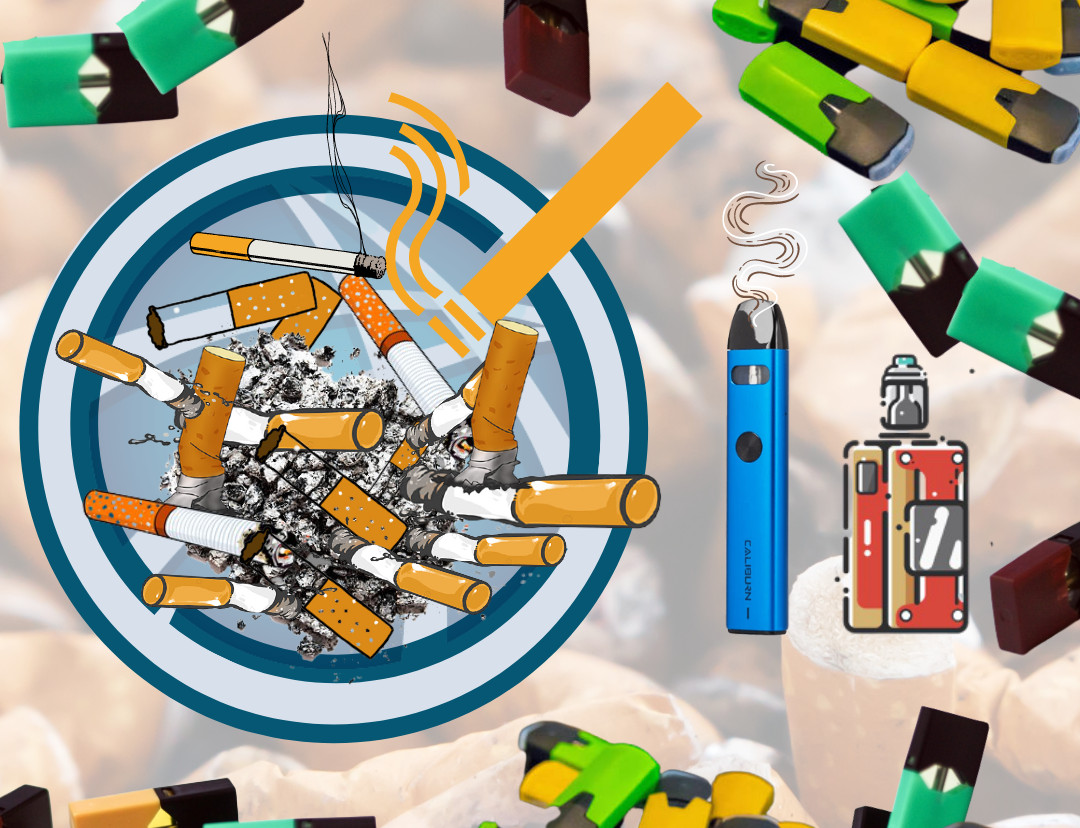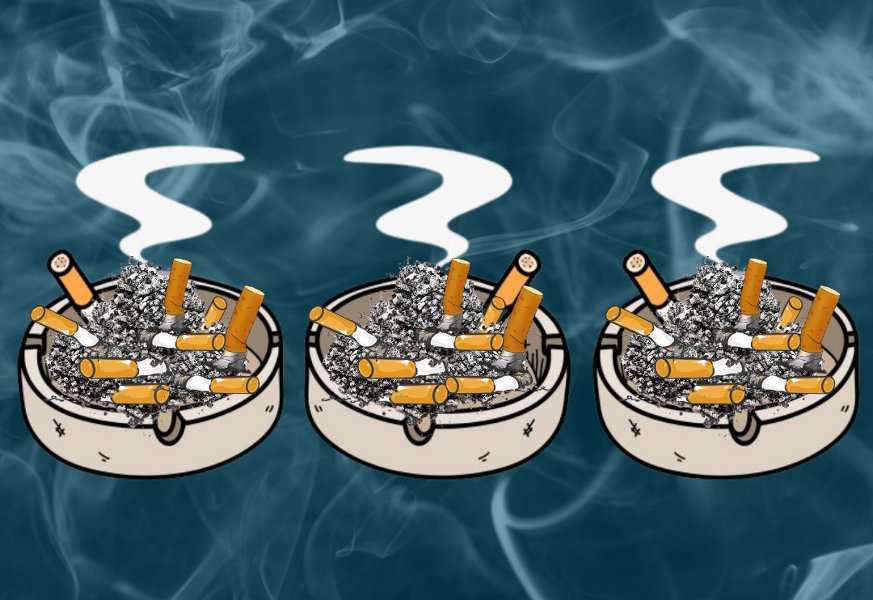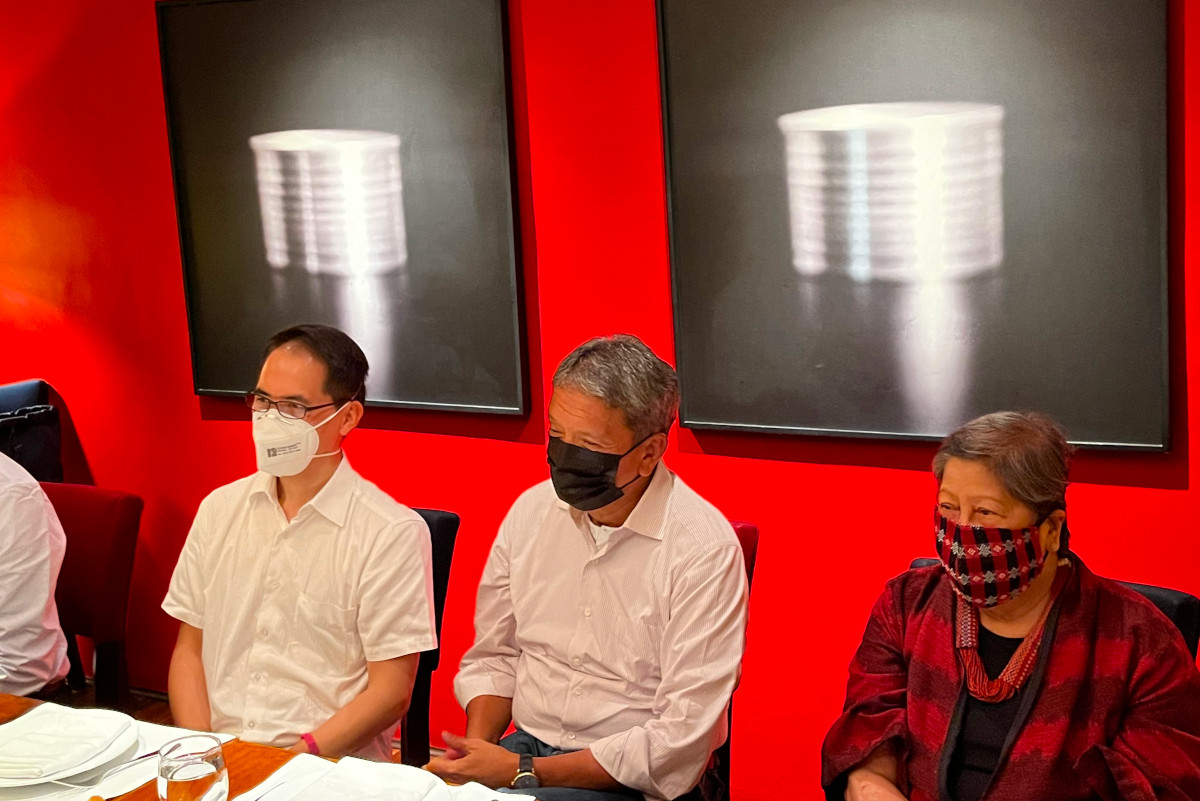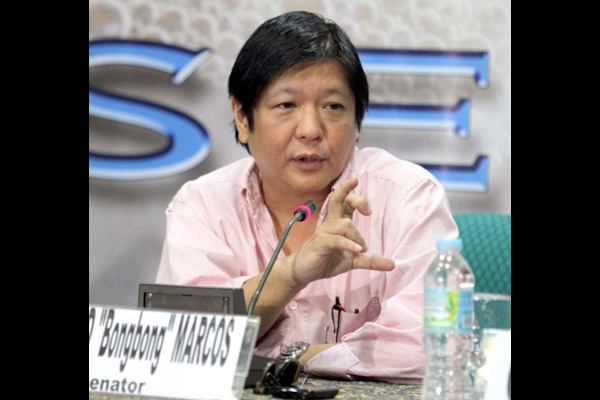The Supreme Court recently reversed a regional trial court decision to uphold the jurisdiction of the Food and Drug Administration (FDA) to regulate cigarettes and tobacco products.
The ruling came 13 years after a petition was filed for the court’s intervention in the legal battle between the FDA and the Department of Health (DoH) on one side against the Philippine Tobacco Institute (PTI) over the implementing rules for Republic Act 9711 (FDA Act of 1999).
PTI, representing major transnational tobacco firms in the country, argued that cigarettes and tobacco products should be principally regulated by the Inter-Agency Committee on Tobacco (IAC-T), invoking provisions of Republic Act 9211, or the “Tobacco Regulation Act of 2003,” an omnibus law regulating smoking in public places, tobacco advertising, promotion and sponsorship, and sales restrictions.
But the Supreme Court, in a decision issued on July 13, 2021 but promulgated last June 7, said the PTI’s interpretation “not only leads to an absurd result, but it is also contrary to law and [the Philippines’] international obligations.”
Sen. Pia Cayetano, who, along with former senator Franklin Drilon, brought the issue to the Supreme Court, said the ruling “affirm[s] the right of every Filipino to good health by upholding the power of the [FDA] to regulate cigarettes and tobacco products.”
“This is a major victory for our people and advocates for tobacco control and public health,” said Cayetano, who consistently advocates health rights over tobacco industry interests.
The Supreme Court decision is relevant because there is a bill pending at the desk of President Ferdinand “Bongbong” Marcos Jr. which strips the FDA of its regulatory authority over novel tobacco products, including vapes and heated tobacco products (HTPs).
The previous Congress ratified the bicameral committee report on the proposed Vaporized Nicotine and Non-Nicotine Productions Regulation Act, or vape bill, last Jan., but the House of Representatives waited until June 24, just three working days before the end of then-president Rodrigo Duterte’s term, to submit the enrolled copy to Malacañang.
Tobacco control advocates surmised that the pro-tobacco lawmakers deliberately kept the bill until the last few days of Duterte, who strongly declared an anti-tobacco and anti-smoking stance early in his term, to avoid having it vetoed and hope that Marcos, who has been perceived as an ally of the tobacco industry, primarily owing to his support for tobacco farmers in the Ilocos Region, would either sign it into law or allow it to lapse into law after 30 days from submission.
If Marcos enacts the vape bill or allows it to become law by July 24, the “absurd situation” cited in the Supreme Court decision will happen. Because vape, HTPs and other novel tobacco products are not covered by the Supreme Court ruling, and the pending vape bill takes the regulation of these products away from the FDA to the Department of Trade and Industry (DTI), then we would have similar products causing harm and danger to people’s health being regulated differently. Cigarettes and tobacco products will be under FDA while vapes, HTPs and other novel tobacco products will be under the DTI.
Tobacco control advocates, along with a majority of health practitioners and medical associations, have joined the DoH, FDA, Department of Education and Department of Finance in calling for the veto of the vape bill and urged upholding the 2020 law that mandated the FDA to regulate vape and HTPs as health products because of their harmful contents, and not as consumer products under the DTI.
The options available to Marcos on the vape bill will be a test on how he would make a crucial decision between the health of the general population or the interests of his constituents and the tobacco industry.
Associate Justice Marvic Leonen, who penned the Supreme Court decision, said the tobacco industry’s interpretation that the IAC-T should regulate cigarettes and tobacco products “will effectively remove” these from the regulation of the DoH and FDA, which is contrary to RA 9711 and violates the Philippines’ commitment as a signatory to the World Health Organization Framework Convention on Tobacco Control.
The DoH said that while the Supreme Court ruling did not cover novel tobacco products, it “immortalizes the fact that tobacco products and all related products, such as heated tobacco products, vapor products, and other emerging similar products are health products and should be regulated under the FDA.”
The high court ruling said, “It is clear that [the DoH and the FDA] have technical authority over matters of public health.”
In view of the Supreme Court ruling, Cayetano said she was hoping that the Marcos administration would “continue to strengthen our health systems, and ensure that all harmful and potentially harmful products that should fall under the ambit of FDA’s authority are duly regulated to safeguard public health.”
In short, the reelected senator counts on Marcos to choose public health over the financial interests of the tobacco industry. And this he can show by sending Congress his veto message, instead of enacting the vape bill or doing nothing to allow it to lapse into law.
The views in this column are those of the author and do not necessarily reflect the views of VERA Files.
This column also appeared in The Manila Times.





